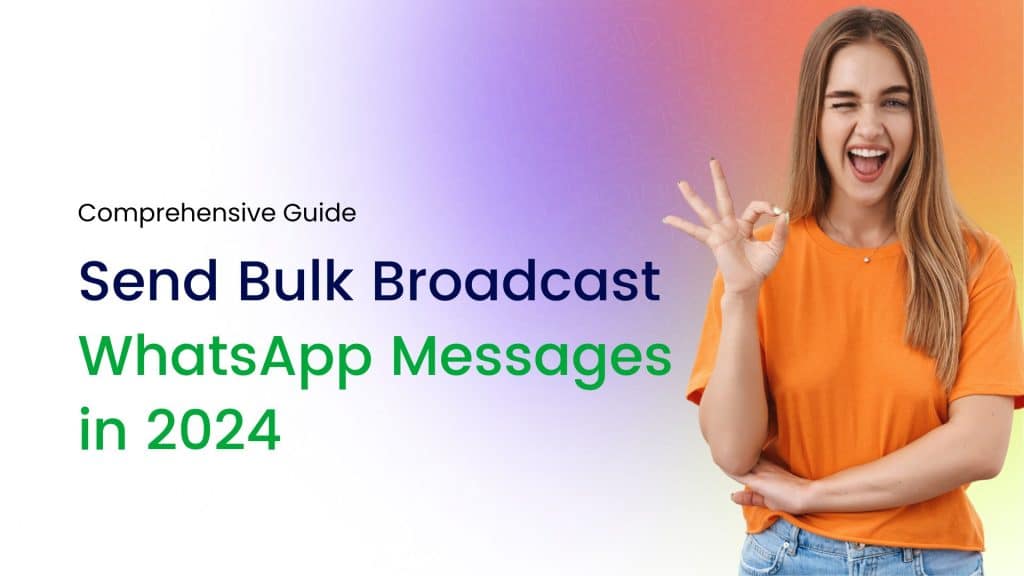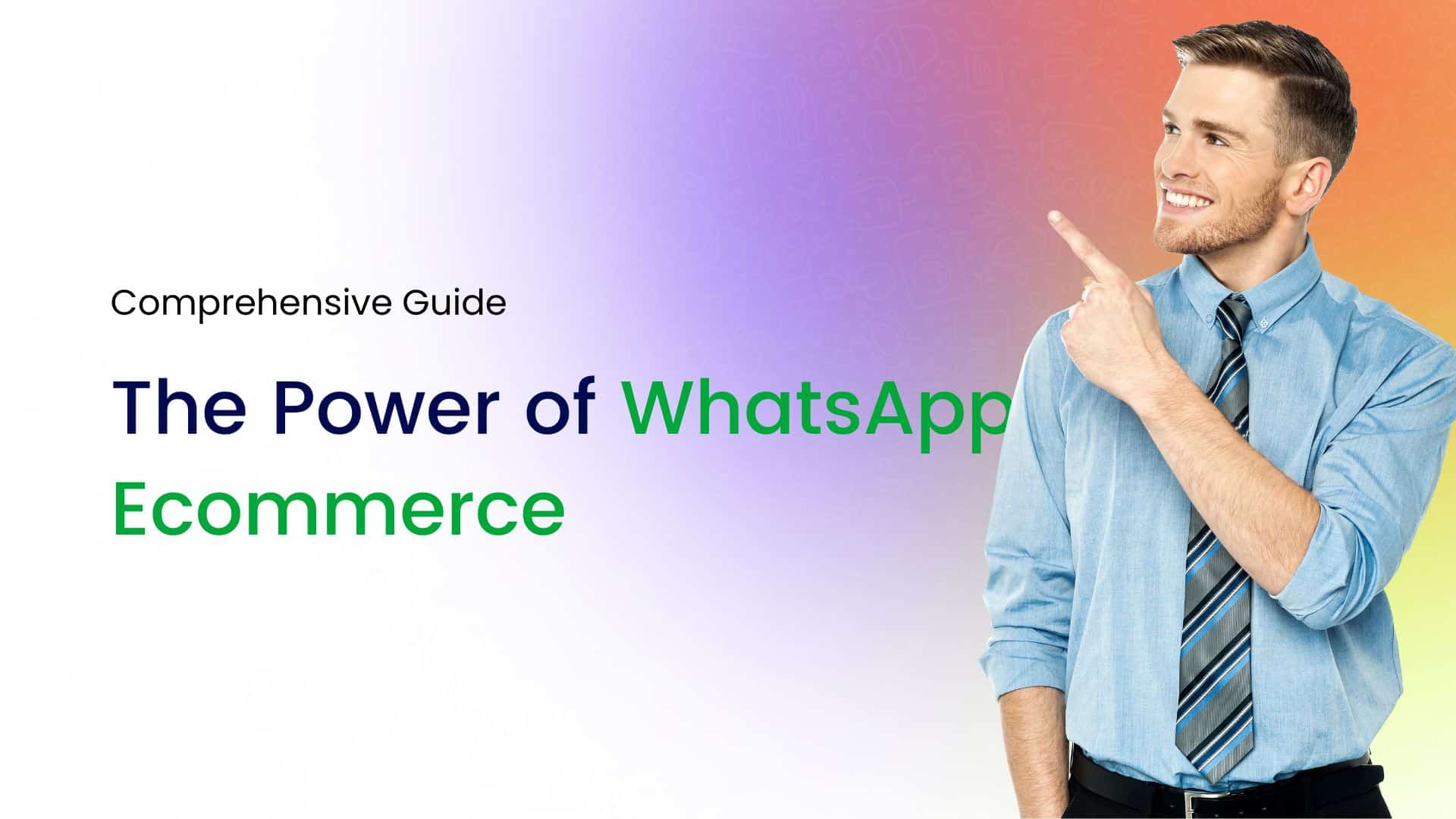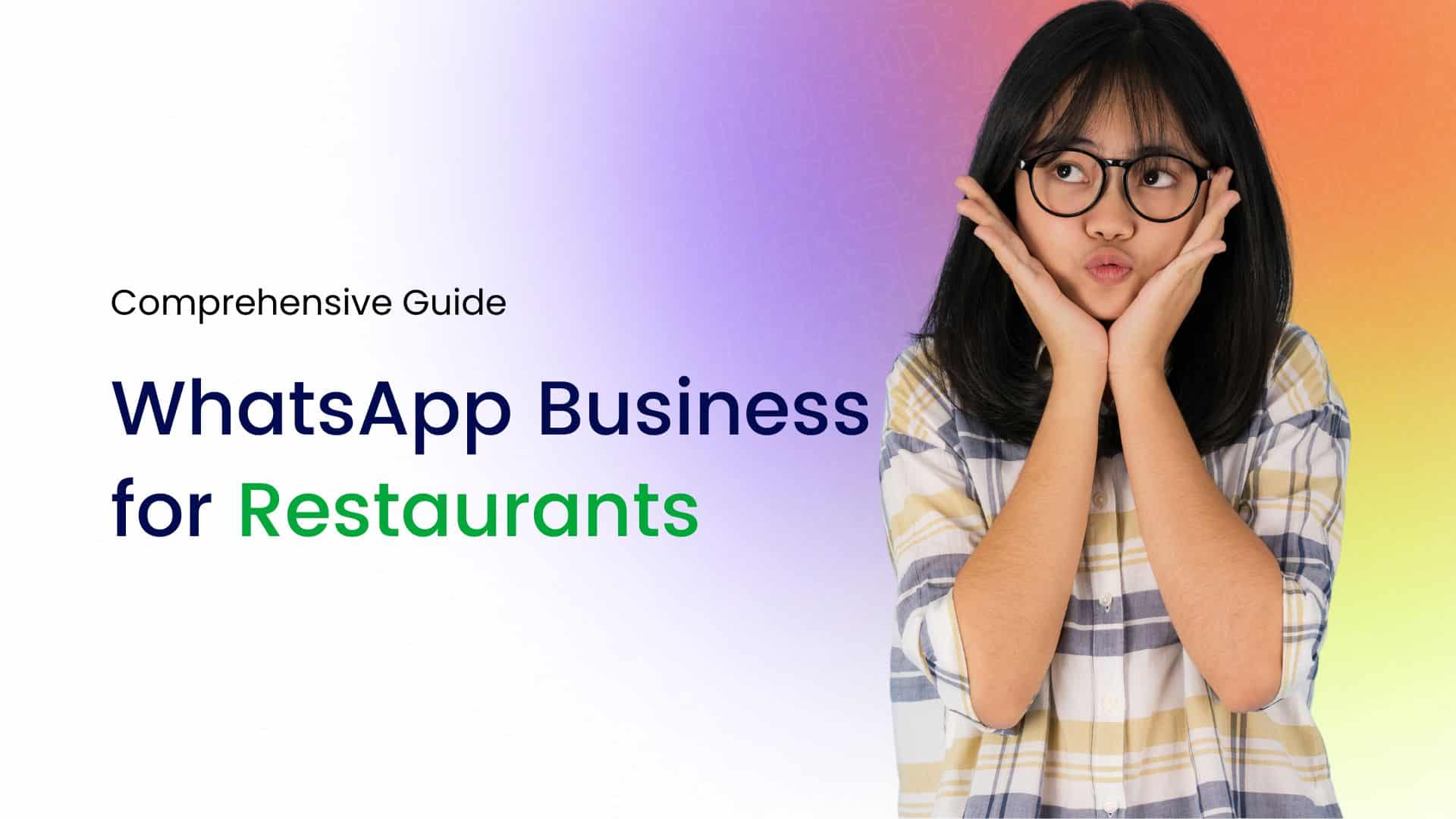In the ever-evolving landscape of digital communication, WhatsApp has emerged as one of the most prominent platforms for personal and business interactions alike. With its user-friendly interface and extensive reach, WhatsApp has revolutionized how we connect with others. And as we step into 2024, the ability to send bulk broadcast WhatsApp messages has become an indispensable tool for businesses looking to engage with their audience effectively.
What are Bulk Broadcast WhatsApp Messages?
In an era dominated by digital communication, WhatsApp has emerged as one of the most popular messaging platforms worldwide. With over 2 billion active users, it has become an essential tool for personal and business communication alike. Among its myriad features, one stands out for businesses looking to reach a wider audience efficiently: Bulk Broadcast WhatsApp Messages.
What are Bulk Broadcast WhatsApp Messages?
Bulk Broadcast WhatsApp Messages refer to the capability of sending a single message to multiple recipients simultaneously. Unlike traditional one-to-one messaging, bulk broadcasting allows businesses to communicate with a large group of customers, clients, or subscribers at once.
How Bulk Broadcast Works
Bulk broadcasting on WhatsApp typically involves using third-party tools or services that are designed to facilitate mass messaging. These tools often provide features such as contact list management, message customization, scheduling, and analytics tracking.
To initiate a bulk broadcast, businesses compile a list of recipients or subscribers who have opted in to receive messages. They then craft a message, which can include text, images, videos, or documents, tailored to their audience’s preferences. Once the message is ready, it is sent out to the entire list simultaneously.
Pros of Bulk Broadcast WhatsApp Messages
- Reach a Wide Audience: Bulk broadcasting allows businesses to reach a large number of customers or prospects with minimal effort, making it an efficient way to disseminate information or promotions.
- Cost-Effective: Compared to traditional marketing channels such as print or broadcast media, bulk WhatsApp messaging is often more cost-effective, especially for small and medium-sized businesses.
- Personalization: Many bulk messaging tools offer features for personalizing messages, such as using recipients’ names or segmentation based on their interests or demographics, leading to higher engagement rates.
- Real-Time Communication: WhatsApp’s instant messaging capabilities enable businesses to communicate with their audience in real-time, fostering quicker responses and interactions.
- Analytics and Tracking: Third-party tools often provide analytics and tracking features, allowing businesses to measure the effectiveness of their campaigns through metrics like delivery rates, open rates, and click-through rates.
Cons and Challenges
- Privacy Concerns: Bulk messaging may raise privacy concerns among recipients, especially if they haven’t explicitly consented to receiving marketing messages. Businesses must ensure compliance with privacy regulations like GDPR and obtain consent where necessary.
- Risk of Spamming: Overuse or misuse of bulk messaging can lead to recipients perceiving messages as spam, potentially damaging the sender’s reputation and leading to sanctions from WhatsApp or legal consequences.
- Limited Customization: While bulk messaging allows for some level of personalization, it may not be as effective in creating highly tailored messages compared to one-to-one communication.
- Opt-Outs and Unsubscribes: Businesses must provide recipients with an easy way to opt out or unsubscribe from receiving further messages, as failure to do so can lead to frustration and negative feedback.
The Importance of WhatsApp for Business in 2024
In the realm of digital communication, WhatsApp has emerged as a juggernaut, transcending its origins as a simple messaging app to become a vital tool for businesses worldwide. As we step into 2024, the importance of WhatsApp for businesses has only intensified, with its myriad features and expansive reach offering unparalleled opportunities for customer engagement, marketing, and seamless transactions. Let’s delve into why WhatsApp continues to be a cornerstone of modern business strategies.
Unmatched Accessibility and Reach
With over 2 billion active users globally, WhatsApp boasts an extensive user base that spans across continents and demographics. Its ubiquity makes it an invaluable platform for businesses looking to connect with customers on a personal level. Whether it’s reaching out to local clientele or tapping into international markets, WhatsApp provides a direct line of communication that transcends geographical boundaries.
Instant and Personalized Communication
In an era characterized by instant gratification, WhatsApp excels as a platform for real-time communication. Businesses can leverage its chat features to engage with customers promptly, addressing queries, providing support, and building relationships in the process. Furthermore, WhatsApp’s personal touch fosters a sense of intimacy, allowing businesses to tailor their messages to individual preferences and needs, thereby enhancing customer satisfaction and loyalty.
Versatile Business Tools
WhatsApp’s evolution into a multifaceted business tool has been nothing short of remarkable. From the introduction of WhatsApp Business accounts to the integration of advanced features such as catalog sharing, appointment booking, and payment processing, the platform offers a plethora of tools designed to streamline business operations and enhance the customer experience. These features empower businesses to showcase their products or services, manage inquiries efficiently, and facilitate seamless transactions within the chat interface.
Enhanced Marketing Opportunities
In an age where digital marketing reigns supreme, WhatsApp presents businesses with a unique opportunity to engage with customers in a more personal and targeted manner. Whether through broadcast lists, group chats, or personalized messages, businesses can deliver targeted content directly to their audience, fostering meaningful interactions and driving conversions. Moreover, WhatsApp’s status feature provides a platform for creative and visually engaging content, further amplifying brand visibility and engagement.
Secure and Reliable Platform
In an increasingly digitized world, data privacy and security have become paramount concerns for businesses and consumers alike. WhatsApp prioritizes user privacy through end-to-end encryption, ensuring that sensitive information remains secure during transit. This commitment to security not only instills trust among users but also reassures businesses that their communications are safeguarded against unauthorized access or interception.
The Latest Updates on WhatsApp Business API
In today’s digital age, communication between businesses and consumers is constantly evolving. WhatsApp, one of the world’s most popular messaging platforms, has been at the forefront of this evolution with its Business API. This API allows businesses to engage with their customers in a more streamlined and efficient manner. With recent updates, WhatsApp continues to enhance its capabilities, offering new features and improvements to further empower businesses. Let’s delve into the latest updates on WhatsApp Business API and their implications for businesses.
- Multi-device Support: One of the most significant updates to the WhatsApp Business API is the introduction of multi-device support. Previously, businesses were limited to using the API on a single device, making it challenging to manage communications efficiently, especially for larger enterprises. With multi-device support, businesses can now access the API from multiple devices simultaneously, allowing for greater flexibility and scalability in managing customer interactions.
- Improved Analytics: Understanding customer behavior and engagement metrics is crucial for businesses to refine their marketing strategies and enhance customer experiences. WhatsApp has introduced enhanced analytics capabilities within the Business API, providing businesses with valuable insights into message delivery, open rates, response times, and more. These analytics enable businesses to measure the effectiveness of their messaging campaigns and make data-driven decisions to optimize their interactions with customers.
- Interactive Message Templates: To facilitate richer and more engaging conversations, WhatsApp has introduced interactive message templates within the Business API. These templates allow businesses to create interactive experiences for their customers, such as surveys, quizzes, appointment scheduling, and order tracking. By leveraging these interactive templates, businesses can enhance customer engagement and streamline various processes, ultimately improving overall customer satisfaction.
- Integration with CRM Systems: Seamless integration with Customer Relationship Management (CRM) systems is essential for businesses to effectively manage customer data and interactions. WhatsApp has expanded its integration capabilities, allowing businesses to integrate the Business API with leading CRM platforms seamlessly. This integration enables businesses to sync customer data, track interactions, and provide personalized experiences based on customer preferences and history.
- Enhanced Security and Compliance: With growing concerns around data privacy and security, WhatsApp has implemented enhanced security features and compliance measures within the Business API. Businesses can now ensure end-to-end encryption for all communications, safeguarding sensitive information shared between them and their customers. Additionally, WhatsApp has introduced robust compliance tools to help businesses adhere to regulatory requirements and industry standards, mitigating risks associated with data breaches and non-compliance.
- Expanded Messaging Capabilities: WhatsApp continues to expand its messaging capabilities within the Business API, allowing businesses to send a wider range of message types to their customers. From text messages and images to videos, documents, and even location-based updates, businesses can leverage various formats to deliver relevant and engaging content to their audience. This versatility enables businesses to tailor their messaging approach to suit different communication scenarios and customer preferences.
How to Get Started with WhatsApp Business API?
In today’s digitally-driven world, businesses are constantly seeking innovative ways to connect with their customers. WhatsApp, one of the most popular messaging platforms worldwide, has emerged as a powerful tool for businesses to engage with their audience effectively. With the introduction of WhatsApp Business API, companies now have the opportunity to take their customer communication to the next level. This comprehensive guide will walk you through the steps to get started with WhatsApp Business API and leverage its potential for your business.
Understanding WhatsApp Business API
WhatsApp Business API is a powerful communication tool that allows businesses to interact with customers on a large scale. Unlike the regular WhatsApp application, which is designed for personal use, the API version is tailored for businesses, offering features such as automated messages, notifications, and integration with existing systems.
Prerequisites
Before diving into the setup process, there are a few prerequisites to consider:
- Business Verification: Ensure your business is verified by WhatsApp. This involves providing necessary business information and documents for verification purposes.
- Facebook Business Manager Account: You’ll need to have a Facebook Business Manager account to access WhatsApp Business API. If you don’t have one already, you can create it on the Facebook Business Manager website.
- Access to WhatsApp Business API Provider: Choose a WhatsApp Business API provider that suits your business needs. Facebook has partnered with various providers who offer API access and support.
Steps to Get Started
1. Apply for Access
Contact your chosen WhatsApp Business API provider and apply for access. They will guide you through the application process, which typically involves providing information about your business and its use case for using the API.
2. Set Up Your Account
Once your application is approved, you’ll receive access to the WhatsApp Business API dashboard provided by your chosen provider. Here, you’ll be able to set up your account, configure settings, and manage your communication channels.
Configure Settings
Configure your settings according to your business requirements. This includes setting up message templates, defining business hours, and configuring automated responses.
Integrate with Your Systems
Integrate the WhatsApp Business API with your existing systems such as CRM software, e-commerce platforms, or customer support tools. This allows for seamless communication and data synchronization between different channels.
Test and Deploy
Before deploying the WhatsApp Business API in a live environment, thoroughly test its functionality to ensure everything is working as expected. Test various scenarios, message templates, and integrations to identify any potential issues.
Launch Your Campaigns
Once testing is complete, you’re ready to launch your campaigns and start engaging with your customers on WhatsApp. Whether it’s sending transactional notifications, promotional messages, or providing customer support, WhatsApp Business API offers a wide range of possibilities for connecting with your audience.
Best Practices
- Provide Opt-In Options: Respect users’ privacy by providing clear opt-in options for receiving messages on WhatsApp.
- Personalize Messages: Use customer data to personalize messages and provide a more tailored experience.
- Monitor Performance: Regularly monitor and analyze the performance of your WhatsApp campaigns to optimize your strategies and improve engagement.
- Stay Compliant: Ensure compliance with WhatsApp Business API policies and regulations to avoid any penalties or restrictions.
The Power of Bulk Broadcast WhatsApp Messages
Sending bulk broadcast messages on WhatsApp allows businesses to communicate with large groups of customers, clients, or prospects simultaneously. Whether it’s announcing promotions, sharing updates, or delivering important information, bulk messaging streamlines communication efforts and ensures that messages reach the intended recipients promptly.
Leveraging WhatsApp Business API
In 2024, the introduction of the WhatsApp Business API has further enhanced the capabilities of businesses to send bulk broadcast messages. This API enables seamless integration with existing CRM systems, allowing for automated messaging workflows and personalized interactions at scale. With features like message templates and message tags, businesses can maintain compliance with WhatsApp’s policies while delivering relevant and timely messages to their audience.
Compliance and Privacy Considerations
As with any communication platform, ensuring compliance with regulations and respecting user privacy is paramount. In 2024, WhatsApp has implemented stringent policies to prevent abuse of its platform, including spamming and unsolicited messaging. Businesses must adhere to these guidelines to maintain trust with their audience and avoid penalties such as account suspension or termination.
Best Practices for Sending Bulk Broadcast Messages
To maximize the effectiveness of bulk broadcast WhatsApp messages, businesses should follow these best practices:
- Segmentation: Divide your audience into relevant segments based on demographics, interests, or past interactions to deliver targeted messages that resonate with each group.
- Personalization: Customize messages with the recipient’s name or other personalized details to enhance engagement and foster a sense of connection.
- Timing: Consider the time zones and preferences of your audience when scheduling broadcast messages to ensure they are received at an optimal time.
- Value-driven Content: Provide valuable information, offers, or updates in your messages to incentivize recipients to engage with your brand.
- Interactive Elements: Incorporate interactive elements such as polls, surveys, or quick replies to encourage interaction and feedback from recipients.
The Future of Bulk Messaging
Looking ahead, the future of bulk broadcast WhatsApp messaging is poised for further innovation and evolution. Advancements in artificial intelligence and machine learning will enable more sophisticated targeting and personalization capabilities, allowing businesses to deliver highly relevant and contextual messages to their audience.
Moreover, as messaging platforms continue to integrate with other digital channels such as e-commerce and customer support systems, businesses will have greater opportunities to streamline their operations and provide seamless omnichannel experiences to customers.
Conclusion
In 2024, sending bulk broadcast WhatsApp messages has become an essential component of modern communication strategies for businesses across industries. By leveraging the power of WhatsApp’s platform and adhering to best practices, businesses can effectively engage with their audience, drive conversions, and build lasting relationships in the digital age. As technology continues to evolve, embracing innovative approaches to bulk messaging will be key to staying ahead in an increasingly competitive market landscape.







